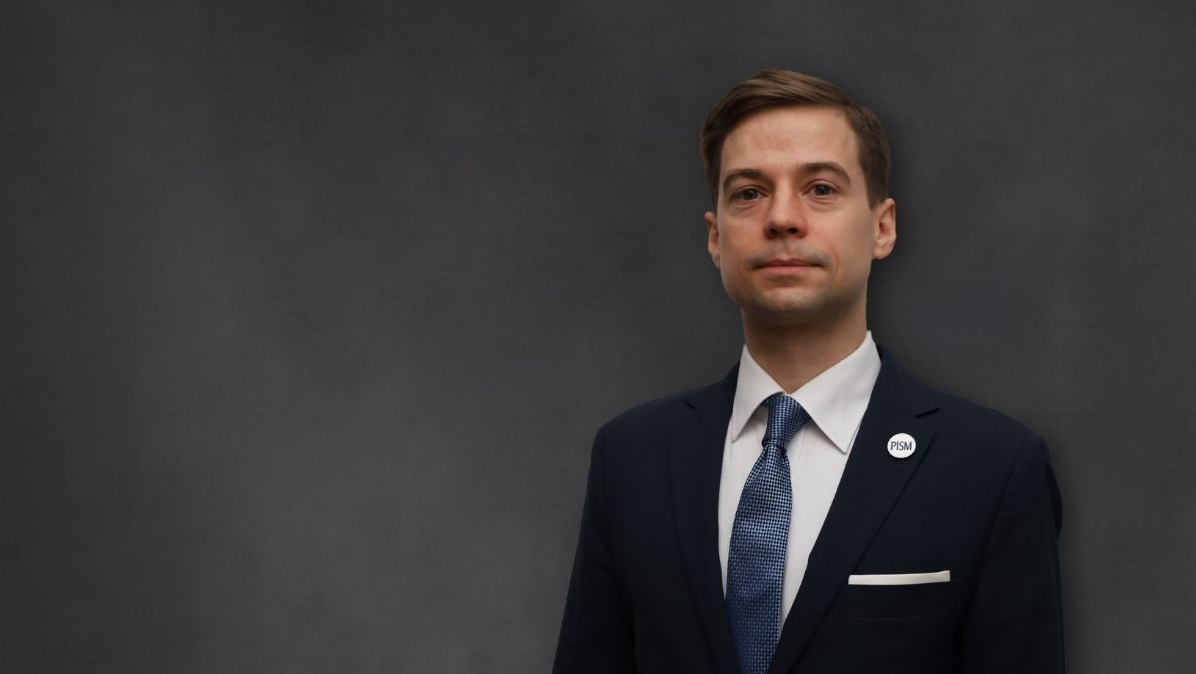Von der Leyen Sums Up Her Tenure - State of the Union address
In the last annual State of the European Union (EU) address in this term of the European Parliament, the President of the European Commission (EC) Ursula von der Leyen summarised her achievements and announced the key actions she wants to carry out before the 2024 elections. She focused mostly on the economy, including issues related to the European Green Deal (EGD). The speech included a call to complete the construction of the EU through enlargement of the organisation, but it lacked declarations on the time horizon for this process and a vision of EU reform in relation to enlargement.
.jpg) YVES HERMAN / Reuters / Forum
YVES HERMAN / Reuters / Forum
What changes regarding the EGD did von der Leyen announce?
The EC president emphasised economic issues related to the EGD. She pointed out that green transformation policies have a direct impact on the lives of ordinary people and their work. Therefore, she announced a series of what are called Clean Transition Dialogues with different industrial sectors affected by the EGD in order to support them in developing an appropriate business model to decarbonise the economy. This is to maintain the competitiveness of European companies. Focusing on these aspects of the green transition is a response to the problem of the social costs of the green transition. In a pre-election context, it can be interpreted as an attempt to prevent some of the electorate of the European People’s Party, from which von der Leyen hails, from switching to fringe parties.
What other changes to the economy did the Commission president talk about?
Von der Leyen also announced the creation of an EU envoy for the small and medium-sized enterprise (SME) sector in the Union. She wants to reduce companies’ reporting obligations by 25% and to convene a meeting of businesses and trade unions in the Belgian Val Duchesse next year. The Commission president noted that the Union recently concluded free trade agreements with Chile, New Zealand, and Kenya, and said that similar agreements would soon follow with Australia, India, Indonesia, Mexico, and Mercosur countries. In addition, she announced the launch of an investigation into subsidies for electric cars originating from China. She also reiterated that the EC’s approach to China will be guided by the principle of derisking rather than decoupling.
What is the Commission’s position on EU enlargement?
According to von der Leyen, deepening of the Union can go hand in hand with its widening. Although she declared the possibility of treaty change and institutional preparation of the Union for new members, she added that such changes are not necessary for accession. The Commission is planning to review the Union’s sectoral policies for enlargement, indicating it has a pragmatic approach to the subject—whatever the shape of potential institutional reform, the Community will be preparing for closer ties with candidate countries. Unlike European Council President Charles Michel and Hungarian Commissioner for Neighbourhood and Enlargement Olivér Várhelyi, who recently identified 2030 as an indicative date for Ukraine's accession to the EU, the EC president did not set a time horizon for the country’s accession.
What EU achievements did the Commission president consider to be the most important?
As von der Leyen emphasised, despite difficult circumstances, including the COVID-19 pandemic and Russian aggression against Ukraine, the EC has managed to implement more than 90% of the proposals announced at the beginning of her term. She pointed to the EGD, the digital transformation, support for Ukraine, and the NextGenerationEU fund, among others, as key EU achievements. She also listed the economic benefits that the Union has delivered to its citizens during this time, such as the protection of jobs and the reduction of energy prices in the EU. The achievements she listed focus on economic issues, indicating a desire to demonstrate that EU activity is not just about making demands (mainly related to the EGD) but also delivers tangible benefits.
What was the reception of the address and what does it mean for Polish foreign policy?
Von der Leyen’s speech was safe and did not contain groundbreaking declarations. What stood out was her frequent emphasis on economic issues, devoting much less space to military action in Ukraine or planned legislative projects. Most controversial was the decision to proceed with subsidies for Chinese electric cars, an approach supported by France but met with a critical reception from some German business.
From the point of view of Poland’s interests, the president’s declaration concerning the intention to review EU policies with a view to future enlargement is positive. It means that the Union is indeed preparing for the admission of new Member States and is taking concrete steps to achieve this. Poland is in favour of admitting Ukraine to the Union as soon as possible, so the lack of a declaration setting a potential date for the country’s accession may be viewed negatively. Of value from Poland’s perspective are the demands for the further development of social dialogue between EU institutions and various interest groups. Both the proposed consultation of the business community in the context of the EGD and the dialogue between employers and trade unions will foster better articulation of the interests of each of these groups, which will have a positive impact on the quality of EU legislation.


